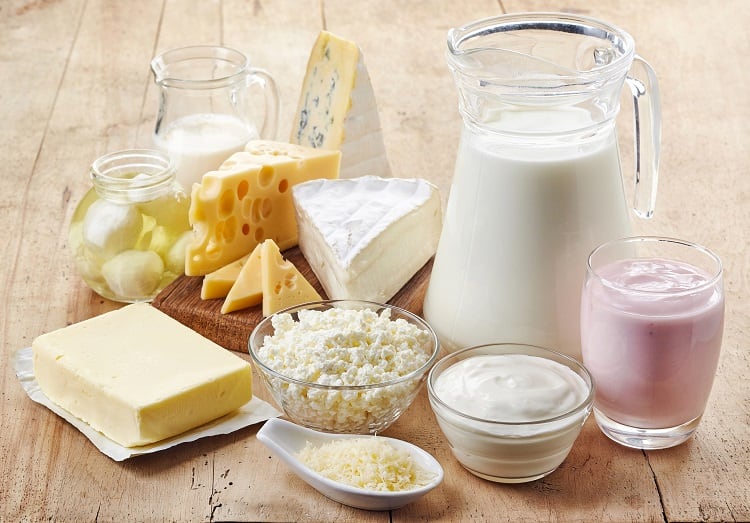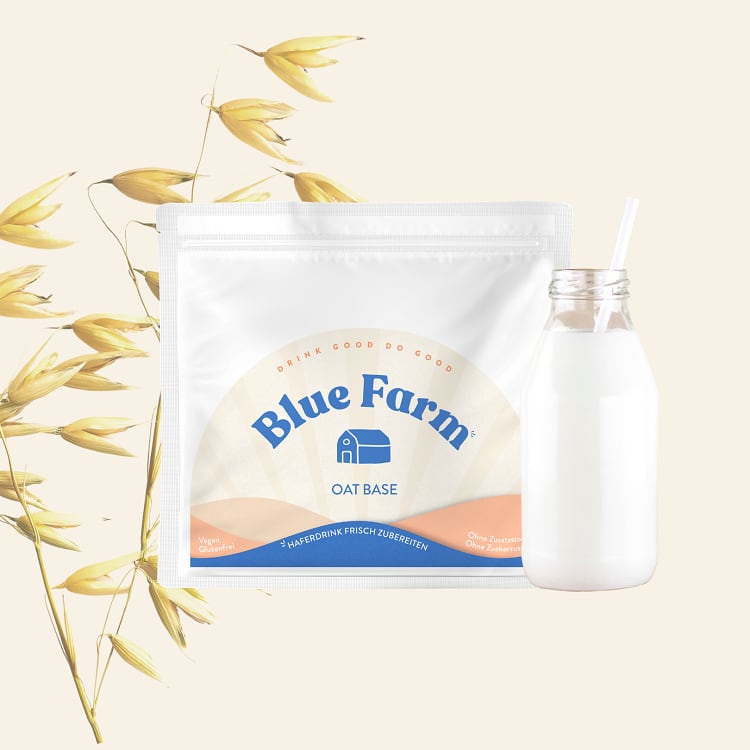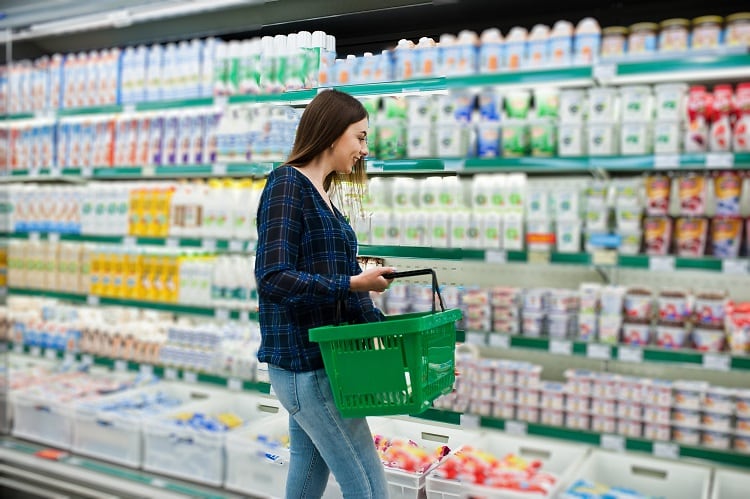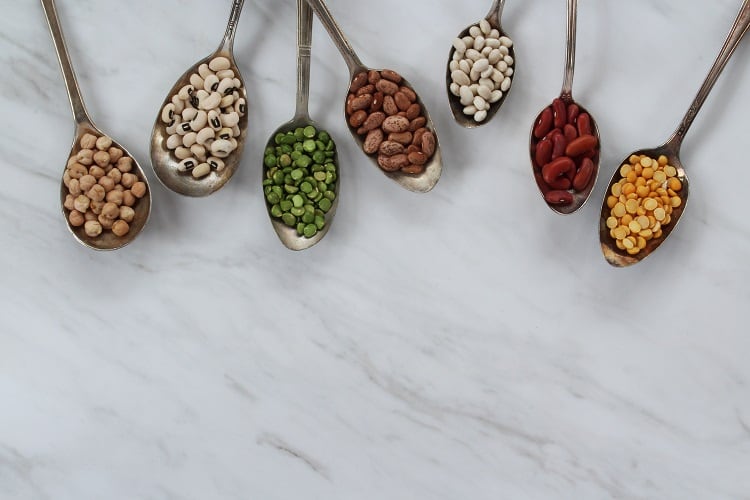The global dairy alternatives market is expected to exceed $50bn by 2028, according to Grand Review Research, representing a CAGR of 12.5% over the next seven years.
What started out as a soy-dominant space is beginning to diversify. While soy held the largest share in 2020 – with more than 35% of the alt dairy market – innovators leveraging oats, rice, coconut, and cashews are slowly edging in on sought-after shelf space.
So which new alt dairy brands are worth keeping an eye on? FoodNavigator hears from three innovators recently graduated from Big Idea Ventures’ New Protein Fund accelerator, leveraging the power of oats, prebiotics, and coffee to disrupt conventional dairy.
Alt milk RTDs for lactose intolerance
More than half the world’s population is lactose intolerant. In Asia, where Singaporean start-up MAD Foods is based, up to 100% of the population can struggle to digest lactose.
According to 2019 figures, 16.7% of Malaysia is lactose intolerant, 92% of China, 5.6% of Australia, and 5.5% of Singapore.
At the same time, the region has a high level of diabetes. A significant 60% of all people in the world with diabetes live in Asia. “Added sugars, especially from sweetened beverages, are strongly linked to type 2 diabetes,” Angelique Teo, co-founder and chief marketer of MAD Foods, told delegates at Big Idea Ventures’ demo day.
Mad Foods’ solution tackles both these issues. The start-ups is producing dairy-free, plant-based beverages that are free from added sugars and ‘full of nutrients’. “MAD is creamy, tasty, with no added sugar. But above all, MAD is ready to launch,” we were told.
The start-up is combining two of the fastest growing markets in the beverage world: oats and coffee. The first line of SKUs includes a double shot iced coffee, a single shot iced coffee, and a decaffeinated option.
Deciding on oats was an obvious choice, the chief marketer suggested. Compared to dairy milk, oats emits significantly fewer greenhouse gas emissions, uses less land, and less water: to produce one litre of dairy milk requires 628L of water, compared to oat drink’s 58L.
“Besides the fact that they are an excellent source of vitamins, minerals and fibre, oat milk is the most sustainable of all plant-based options. It’s easy on the land and it’s easy on you – because it’s the least allergenic vegan milk.”
Concerning market competition, MAD Foods is convinced it can undercut other imported plant-based coffee products on the Singaporean market. Per 100ml, MAD Foods is selling for SGD 1.40 (€0.87), compared to oat-based Minor Figures’ SGD 2.75 and almond-based Inside Out’s SGD 2.28.

The brand plans to be in 1,000 retail stores before the end the year, first focusing on the local RTD sector, before expanding into Australia, New Zealand, and China.
Research and development is ongoing, the co-founder revealed. MAD Foods is formulating a wider range of functional beverages with ‘wellness’ ingredients including fungi varieties cordyceps, reishi, and chaga.
The start-up is looking to raise $600,000 in seed funding to invest in marketing; inventory, listings, and logistics; as well as administration and staffing.
Oat-based brie? ‘Cheese is unsustainable’
Over in Canada, a young company is looking to disrupt another dairy category: cheese.
“After the production of lamb and beef, production of cheese has the highest greenhouse gas emissions,” explained Marie-Catherine Marsot, founder and CEO of alt cheese brand The Frauxmagerie. “Cheese in unsustainable.”
In recent years, plant-based innovators have been working to offer more climate-friendly cheese alternatives to consumers. However, Marsot is largely disappointed by their efforts.
“Over the past decade, some plant-based cheese has come onto the market. However, they are expensive, they are allergenic, and the taste and texture are not quite where we want it to be.
“That’s why The Frauxmagerie was created. The Frauxmagerie strives to create a plant-based cheese that tastes and looks just like cheese.”
The start-up is already commercialising two lines of cheese alternatives. The fresh range is made from almonds, and includes Mauxarella, Greek Frauxmage, and Frauxmage Curds. The Aged line, made from cashews, includes a Botanic True Blue, Botanic Boka, Botanic Camembert, and Botanic Swizz.
“The Frauxmagerie is very different from our competitors,” Marsot told delegates at the Big Ideas Ventures event. “We are using traditional techniques of making cheese by ageing and fermenting our
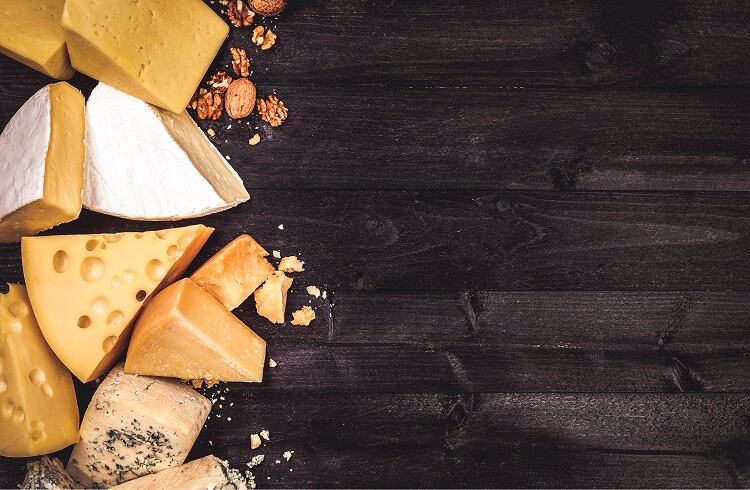
products, which gives them a great structure and a great texture.”
The start-up has a patent pending for its process and recipe.
Research and development is also underway for a new range of cheese alternatives made from oats. “Oats are affordable and sustainable. This will be a real gamechanger.”
Having been part of the accelerator’s third cohort, The Frauxmagerie is now raising $1.5m to invest in R&D, finish automating its plant, continue to infiltrate the US market, and expand into Europe and Asia. By 2021, the start-up predicts a revenue of $2.6m.
‘First player’ in China’s functional yoghurt market
Another player looking to disrupt the dairy category is China-based Wellme. The start-up is creating functional plant-based yoghurt alternatives with prebiotics and probiotics.
Wellme co-founder and board advisor Dr Jin Zhou is concerned about gut health. “The growing concern of cow’s milk consumption, such as the pressures of sustainability, antibiotics, and animal hormones that may cause chronic gut inflammation made us think about healthy alternatives for yoghurt lovers,” he told delegates.
The start-up’s offering is plant-based yoghurt rich in plant proteins, prebiotics and probiotics, with ‘balanced nutrition’ and an ‘amazing taste’.
Compared to its competitors, Wellme’s offerings are ‘packed with nutrients that matter’, he explained, citing protein, fibre and symbiotics. “It is also extremely low in sugar, which is great for our metabolic health.”
Wellme claims to be the ‘first player’ in China focusing on the $2bn functional yoghurt market, targeting both B2C and foodservice.
This year it is raising $1m in seed funding, which will be used to scale manufacturing and increase margins, develop and design new products, boost sales and expand national reach, and hire staff. Next year, the start-up hopes to achieve $5m in sales.


